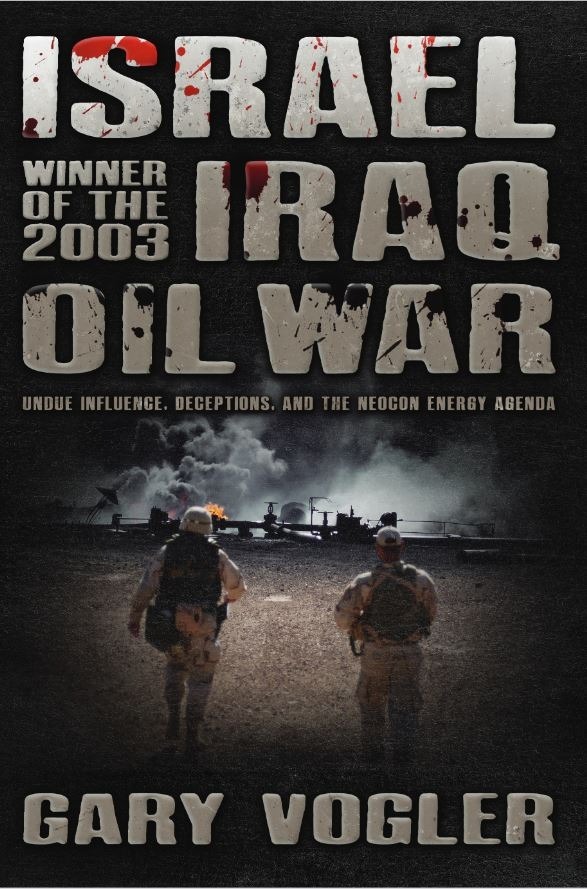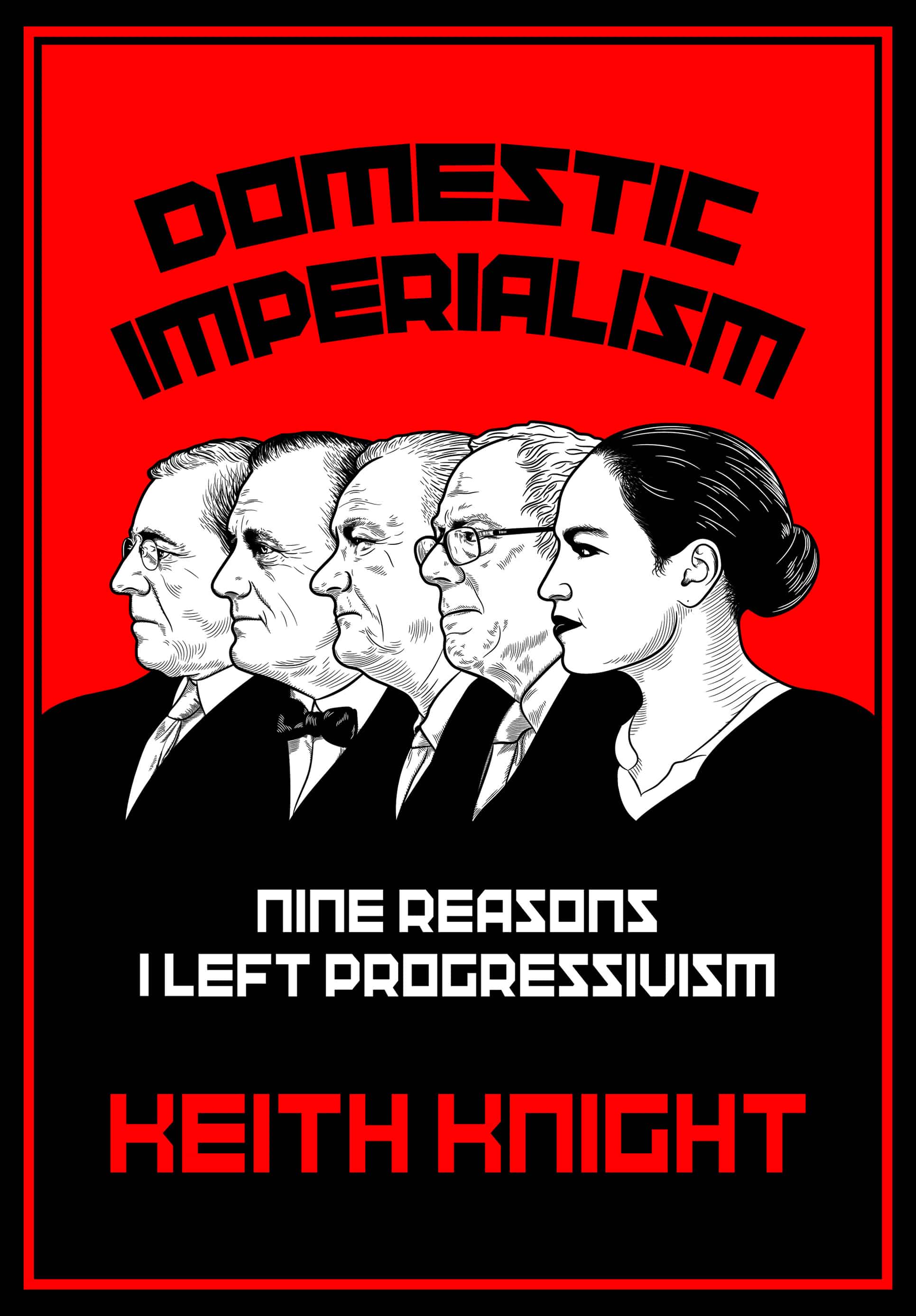As I argue in my recently published policy analysis here at Cato, the American-led war on terror has clearly failed. Unfortunately, rather than accept the obvious fact that the campaign was badly misguided and focusing homeland security efforts in more fruitful areas, the Trump administration appears ready to embrace, and perhaps even to escalate, the American commitment in the Middle East. Though President Trump himself has frequently voiced concerns about nation building in Iraq and the mission in Afghanistan, few of his senior advisers appear to share his worries. And sadly, few voices...
Iran Offers Lessons on Dealing with North Korea
While running for office, Donald Trump repeatedly blasted the Iran nuclear deal, calling it “the worst deal ever negotiated.” Recently, however, his administration reluctantly acknowledged that Iran is complying with its obligations under the deal, which require it to halt its development of nuclear weapons in order to avoid further international economic sanctions. As the Trump administration struggles to find a plan for dealing with North Korea’s nuclear program, it can take several important lessons from the success of the Iran deal. Most fundamentally, Trump and his team should reassess...
Lessons from North Korea’s nuclear program
In a successful test earlier this month, North Korea fired four missiles into the Sea of Japan, heightening concerns about its nuclear weapons program. As Victor Cha, a former Bush administration adviser, recently said of the missile tests, “This is now a military testing program to acquire a proven capability.” The tests continue to raise the stakes for President Trump, who indicated before he took office that North Korea acquiring long-range, nuclear-armed ballistic missiles is something that “won’t happen.” Trump’s blunt message and the urgency of the international response are...
Refugees, Immigration, and the Trolley Problem
During the presidential campaign Donald Trump’s son, Eric Trump, tweeted a picture of a bowl of Skittles candies along with the caption: “If I had a bowl of skittles and I told you just three would kill you. Would you take handful? That’s our Syrian refugee problem.” Trump’s tweet generated backlash from many corners but the general logic of this vivid metaphor continues to resonate for many, despite research that demonstrates that the risk of an American dying in a terrorist attack carried out by refugees and immigrants in the United States is astonishingly low. For many Americans, the...
Trump’s Terrorism Fearmongering vs. The Facts
When President Trump rails against the news media and decries reports as “fake news,” he is beating a dead horse. American trust in the news media is already at a historic low point, with a September 2016 Gallup poll finding that just 32% of the public (and just 14% of Republicans) have a “fair amount” or a “great deal” of trust in the mass media. What’s more disturbing is how loose with the facts Trump has been when it comes to talking about terrorism. In recent weeks, as his immigration, refugee, and travel ban foundered in the courts, Trump turned to Twitter to proclaim that “THE SECURITY...
Obama’s Legacy: Murder.gov
In the waning days of his second term, a president’s thoughts turn to his legacy. His focus the last few weeks and months often tells us a great deal about how he wants to be remembered by the American people. It is, therefore, surprising and disappointing to see that President Obama is busy institutionalizing the targeted killing apparatus constructed piece by piece after the 9/11 attacks. Obama’s last-minute efforts to ensure that the costly and counterproductive war on terror continues will certainly help cement his legacy – as the president who authorized hundreds of secret drone...

Trevor Thrall
Shop Our Books
Israel Winner of the 2003 Iraq Oil War
From the Foreword by Lawrence B. Wilkerson: “[T]he debate over whether oil was a principal reason for the 2003 invasion has waxed and waned, with one camp arguing that it absolutely was, while the other argues the precise opposite.” “Mr. Vogler, himself a former...
Domestic Imperialism: Nine Reasons I Left Progressivism
Imagine the Catholic Church (or any person or group of people) doing what the government does every day: Everyone who doesn’t give the Catholic Church 25% of his annual income every year will be put in jail. If he resists the Jesuit officer, the officer has the right...
Diary of a Psychosis: How Public Health Disgraced Itself During COVID Mania
FOREWORD BY JAY BHATTACHARYA, MD, PHD Diary of a Psychosis is different from all other books on Covid: it traces the development of the government response as it happened, bit by bit, and subjects it to relentless scrutiny: did any of it do any good? It thereby...










